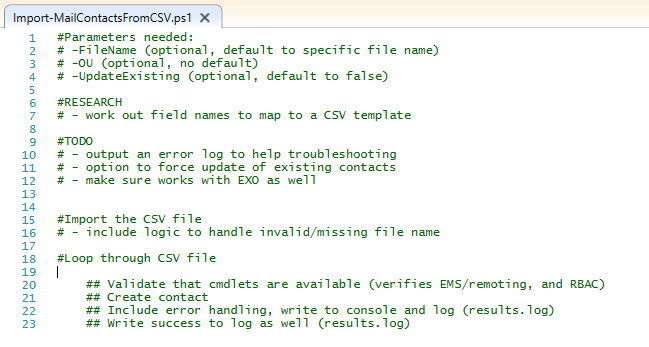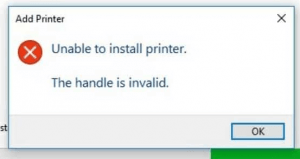

To delete instead the file C:\Temp\con.txt, the command to run will be: del \\.\c:\Temp\con.txt One solution is to delete file/folder from command prompt prefixing its full path with either \\.\ or \\?\.įor example, if you want to delete the C:\Temp\con\ folder, simply issue the following command at the prompt: rd \\.\c:\Temp\con /S /Q from a Linux PC with ext3/4 partition or from the internal memory of your smartphone), know that there are a couple of ways to delete these elements.

If for any reason you find yourself having to handle a file of this type, maybe copied from other file systems (eg. LPT1, LPT2, LPT3, LPT4, LPT5, LPT6, LPT7, LPT8, LPT9Īlso avoid these names followed immediately by an extension for example, NUL.txt is not recommended. Infact, as stated in this Microsoft article, during files/folders creation in Windows filesystem you should not use the following reserved names:ĬOM1, COM2, COM3, COM4, COM5, COM6, COM7, COM8, COM9 Requirements Routineįor more compatibility information, see Compatibility.One reason for the “ Invalid file handle” error in Windows when deleting a file is that a reserved name is used for its name.

To change this, see Global state in the CRT. In this case, don't call _close on the file descriptor.īy default, this function's global state is scoped to the application. If the file descriptor is owned by a FILE * stream, then calling fclose on that FILE * stream closes both the file descriptor and the underlying OS file handle. The underlying OS file handle is owned by the fd file descriptor, and is closed when _close is called on fd. Never call CloseHandle on the return value of this function. To close a file whose operating system (OS) file handle is obtained by _get_osfhandle, call _close on the file descriptor fd. However, this is not a valid file handle value, and subsequent calls that attempt to use it are likely to fail.įor more information about EBADF and other error codes, see _doserrno, errno, _sys_errlist, and _sys_nerr. Similarly, if you use a 0, 1, or 2 as the file descriptor parameter instead of the result of a call to _fileno, _get_osfhandle also returns the special value -2 when the file descriptor is not associated with a stream, and does not set errno. When stdin, stdout, and stderr aren't associated with a stream (for example, in a Windows application without a console window), the file descriptor values for these streams are returned from _fileno as the special value -2.


 0 kommentar(er)
0 kommentar(er)
